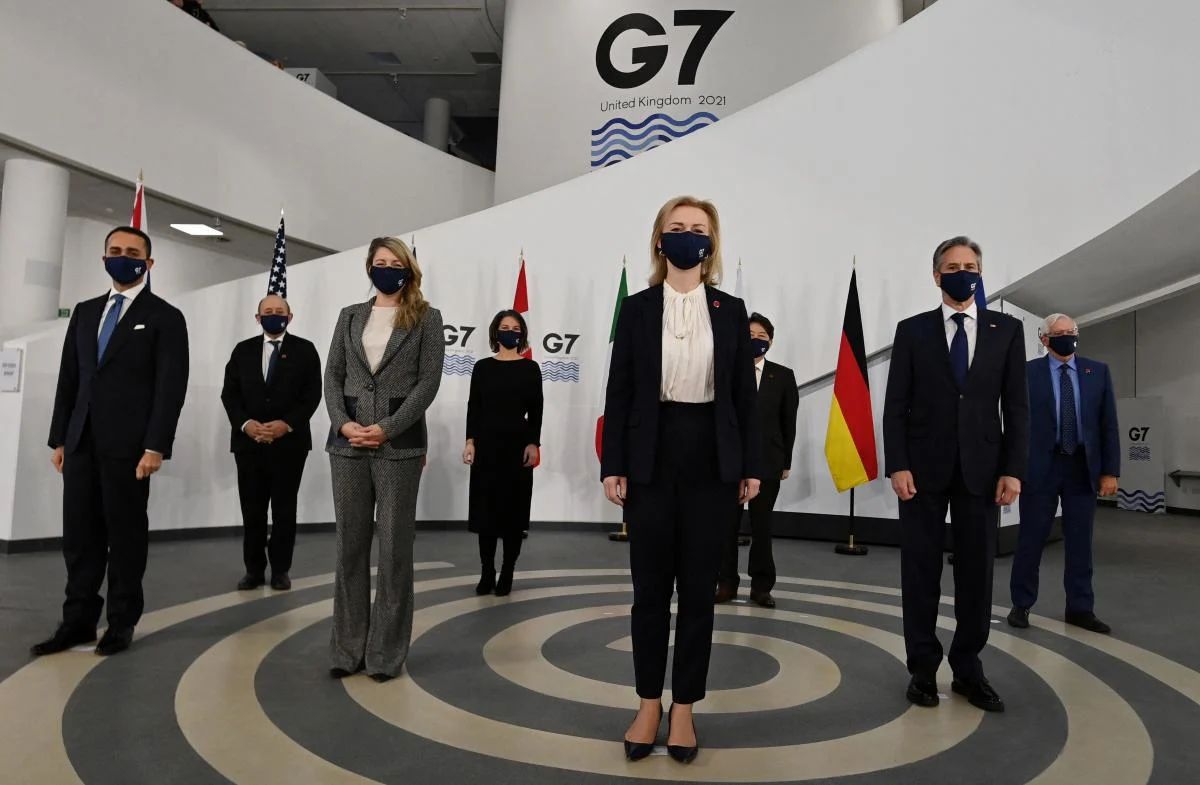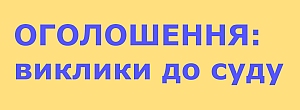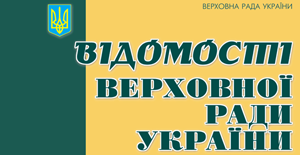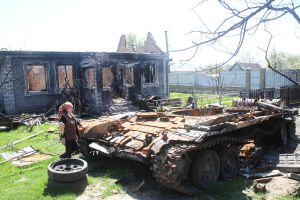This announcement was made by the U.S. State Department’s official representative following the G7 summit meeting of foreign ministers in Liverpool, Great Britain.
The summit was attended by U.S. State Secretary Antony Blinken, foreign ministers of Great Britain, France, Italy, Germany, Japan and Canada.
UK Foreign Secretary Liz Truss called the G7 to act unanimously. “The world’s most influential democracies will take a stand against aggressors who seek to undermine liberty and send a clear message that we are a united front.”
The G7 foreign ministers expressed their concern about the situation at the Ukrainian border and came to the conclusion that there is a diplomatic way to lessen tensions in relations with Russia.
The U.S. State Department has stressed concerning this issue that if Moscow decides to pursue non-diplomatic channels then “ Russia should be in no doubt that further military aggression against Ukraine would have massive consequences and severe cost in response.” The G7 is absolutely united in this.
During the December 11 briefing that dealt with the severe weather that impacted several U.S. states, President Biden said the United States would not send its military contingents to Ukraine to take part in combat operations in Donbas but was ready to use other means including severe measures to deter Russian aggression.
As far as Russian aggression is concerned, the President said the following, “I’ve made it absolutely clear to President Putin — this is the last thing I’ll say — that if he moves on Ukraine, the economic consequences for his economy are going to be devastating — devastating — number one. Number two, we will find it required that we’ll have to send more American and NATO troops into the eastern flank — the B9 (Bulgaria, Hungary, Latvia, Lithuania, Poland, Rumania, Slovakia, the Czech Republic and Estonia – Ed.) all those NATO countries where we have a sacred obligation — to defend them against any attack by Russia. And number three, the impact of all of that on Russia and its attitude — the rest of the world’s view of Russia would change markedly. He’ll pay a terrible price. And so, it’s — and we are going to continue to provide for — and we have and continue to provide for — the defense capacities for the Ukrainian people.”
Biden told reporters that the possibility of sending U.S. ground combat troops to Ukraine in the event of a Russian invasion was “never on the table.”
In this connection Defense Minister of Ukraine Oleksiy Reznikov said that the best aid for his country would be modern weapons and technical expertise in updating the existing armaments rather than sending American or Canadian soldiers.
According to the American news media, the official Kyiv has requested Washington to provide new weaponry and part of the military equipment reserved for Afghanistan before it had been captured by the Taliban.
On December 8, the House of Representatives approved the bill of the defense budget for the 2022 fiscal year according to which Ukraine will have to receive 300 million dollars of military aid.
At the same time, the American Administration has temporarily postponed the allocation of additional military aid to Ukraine to the amount of 200 million dollars. Analysts claim that this decision has been made in order to continue efforts in finding diplomatic ways of the armed crisis settlement in the east of Ukraine and eliminating a threat of Russian further escalation.
In the meantime NATO Secretary General Jens Stoltenberg rejected Russia’s call for the West to withdraw its invitation to Ukraine to join the military alliance the decision for which was made at the 2008 summit meeting of the Alliance.
The remarks came on Friday after Russia’s foreign ministry said that NATO should formally scrap a 2008 declaration to grant membership to Georgia and Ukraine, two former Soviet republics.
In commenting on Russia’s demand at a joint news conference with Germany's Chancellor Olaf Scholz, Stoltenberg said the following, “We cannot accept that Russia is trying to re-establish a system where big powers like Russia have spheres of influence, where they can control or decide what other members can do.”
He added, “NATO’s relationship with Ukraine is going to be decided by the 30 NATO allies and Ukraine, no one else.”
The newspaper Voice of Ukraine








